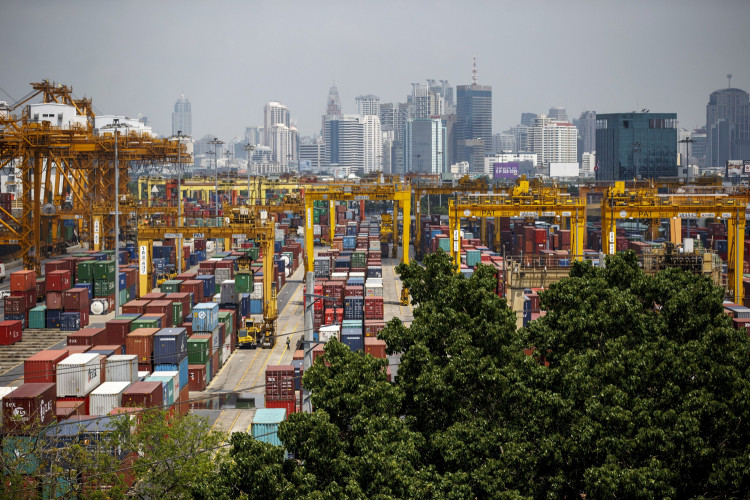Boba, a Taiwanese drink made with tapioca pearls, has been in short supply in the U.S. because of shipping delays affecting exports of the chewy blobs that keep thousands of mom-and-pop tea stalls humming in Asia.
Cassava root, the raw ingredient used to make boba pearls, is not widely produced commercially in the U.S. Although cassava is a New World crop, tapioca starch, which is derived from cassava and used to make tapioca pearls, is primarily produced in Asia.
According to KTLA, there have been huge backlogs in California ports in recent months, with hundreds of massive ships waiting to be unloaded. The backups have gotten out of hand due to a shortage of labor and equipment to unload them, which is mainly due to pandemic-related issues.
The boba shortage is yet another example of how the pandemic has disrupted global supply chains, upended markets, and caused scarcity of products ranging from toilet paper to ketchup to electronics.
In this case, an increase in pent-up demand for overseas-assembled items, combined with a shortage of staff due to coronavirus cases or quarantine protocols, has resulted in a months-long maritime backlog at ports in Los Angeles and San Francisco, leaving ships carrying goods from Asia-including tapioca-stranded at sea.
"Every week we have to take a flavor off of our menu because we just don't have it, and we're not going to have it for two or three weeks now," Abdurahman Sharif, owner of Chicago's Chi Tea, told NPR.
The wait for ingredients could be much longer. Store owners expect the boba backlog should clear by the middle of the summer.
For boba drinkers affected by shortages, this could be an opportunity to experiment with different toppings in their tea, such as cheese foam, fruit jellies or egg pudding.
But there's good news: smaller boba suppliers, such as iBEV, which sells to about 100 stores, may be able to weather the shortage.
Carley Olund, an office manager at iBEV, said the company had prepared for shipping delays and had enough tapioca on hand to tide them over. And Sharetea, a boba chain with hundreds of locations in 20 states, said that it was not short on boba.






